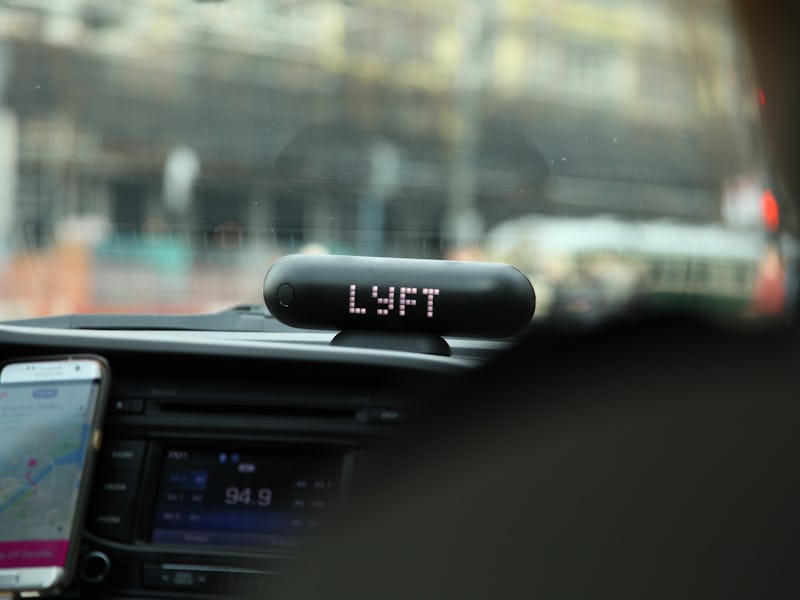
On the surface, Lyft isn’t doing a whole lot in the ongoing battle to develop a self-driving car. Unlike Uber, Waymo, or Tesla, Lyft hasn’t thrown itself into the courtroom battle over proprietary technology or even tried to develop its own version of the software or hardware involved. Instead, the company wants to be a neutral party with friends everywhere, just like Switzerland in World War II.
On Tuesday, Lyft announced a new partnership with nuTonomy, a self-driving car start-up that has been primarily working on self-driving taxis in Singapore, which is a continuation of a pretty shrewd policy the company has started over the past few months: shake hands with everyone, while not getting involved in lawsuits or spending millions on R&D.
“We see ourselves as a kind of Switzerland,” Lyft CEO Logan Green told the New York Times. “We don’t think there will be a single player that will win the whole autonomous vehicle game.”
What Green means is that despite Waymo and Uber duking it out in a court room and Tesla touting Autopilot capabilities that are still years away like there’s no tomorrow, the greater market for autonomous vehicles probably isn’t going to end up as a monopoly. With so many corporations competing to be in the game, it’s unlikely that one will come out so dominant that there’s no room for challengers, so Lyft wants to make sure it’s corpo-friends with all the right corpo-kids in the sandbox.
Lyft CEO Logan Green.
Lyft has been taking money from major automakers for years, like the $500 million it took from GM in 2016, putting it on the same team as Cruise Automation, GM’s self-driving car wing. Before nuTonomy, Lyft announced a partnership with Waymo, shoring up a major alliance against the company’s main rival, Uber.
The concepts of automation and ride-sharing go hand in hand: almost every major automaker is planning to harness the technology into a system of shared transportation. Lyft and Uber already have heavily-developed ride-sharing networks, but while Uber has decided it’s big enough to go it alone (with mostly crap results), Lyft is staying out of the fight and sticking to what it does best, offering its network and ride-sharing cred to other companies that can provide the actual vehicles. If Uber’s beleaguered track record in autonomous cars is any indication, that’s a pretty smart choice.